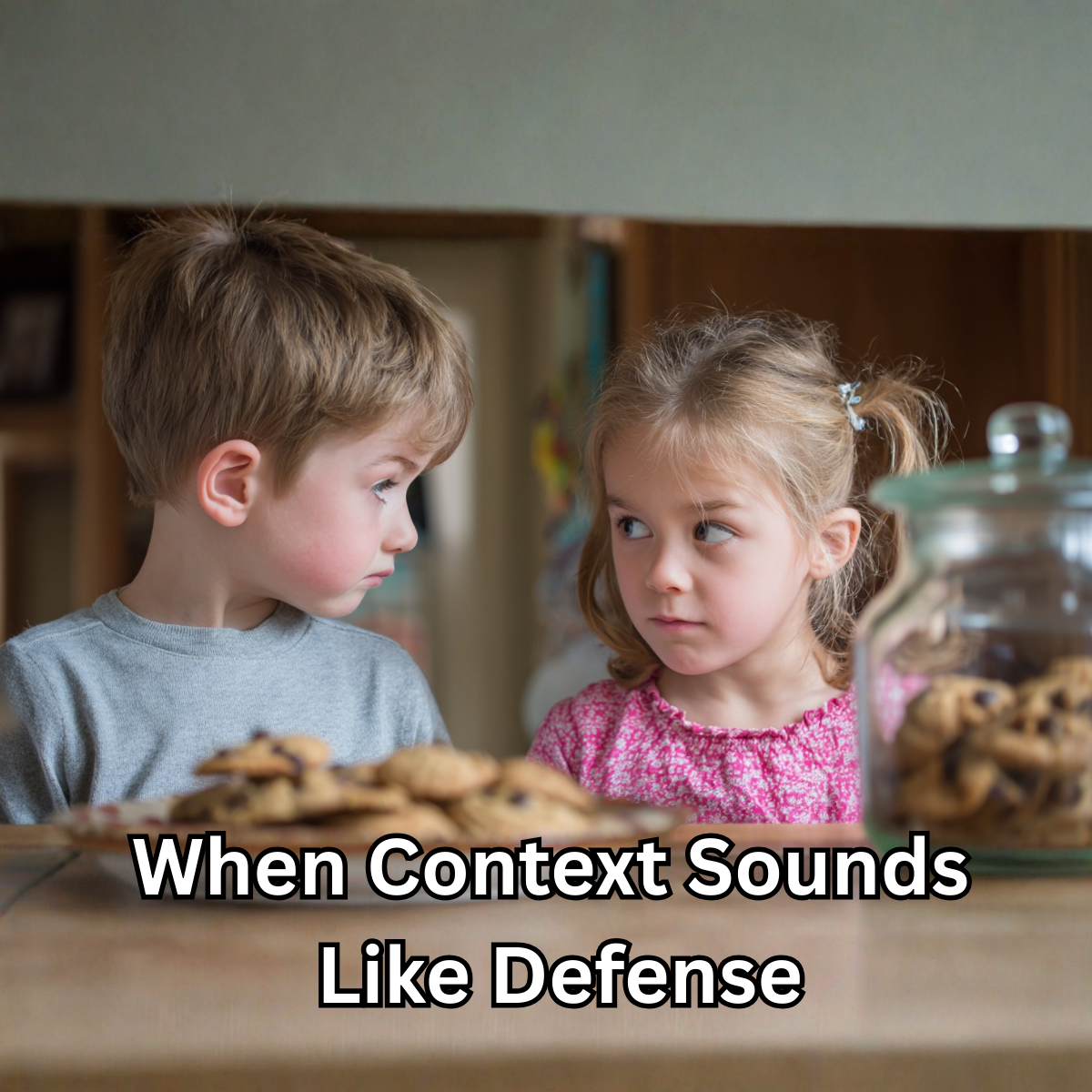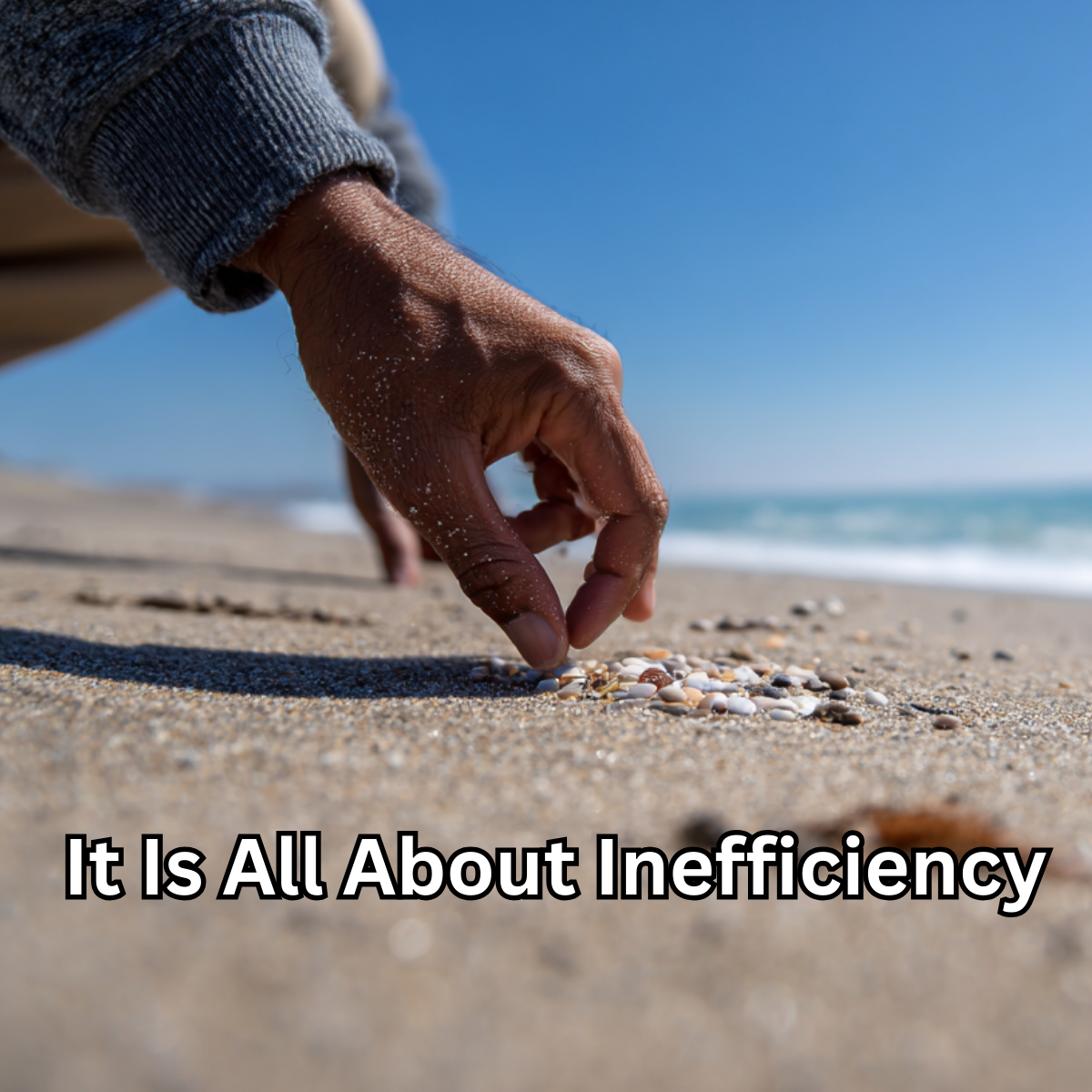Those negative thoughts in your head are not real. You are making them up. You are overexaggerating the slightest negative thing and making it into an insurmountable mountain. You are feeding this wild, imaginative, negative impression you created for yourself. This article discusses our perceptions, bias, and cognitive distortion and how we can amplify that to cause harm to ourselves. This also applies to leading teams of people at work. We do this same type of thing but in reverse. We build this negative impression of how people are, which usually becomes negative. This is mainly false, yet we continue to feed this imaginary impression of the poor behaviors of our team. This article hopes to bring awareness to this consideration and provide guidance on how to recognize this is happening so you can stop letting negativity paralyze you from progressing in any transformation journey.
Negativity is usually a product of our imagination. Even if there is some reason for us to have a negative view, that view is invariably disproportionate to reality. You think everyone hates you when, in fact, no one hates you at all. Several people love you, and many have a positive view of you, but most people do not think of you at all. They are too wrapped up in their own negative thoughts. On many occasions in my life, I have created this over-inflated view of how people view me when, in reality, they were not thinking anything close to what I imagined. This is important because if left unchecked, we can spend a lot of energy worrying and projecting our imagination through conversation and interaction with others.
The key to understanding how to fend off this tendency is to recognize the role of perception. There is considerable evidence that human beings have an incredible ability to filter out all observed data and make rapid judgments about what to remember and interact with. This works out great when we need to survive and avoid dangerous situations. Still, it can work to our detriment when our filtering mechanism only shows us what we fear. This perception filter can be impacted by many things, including past experiences, biases, and cognitive mechanisms that directly influence how we perceive events and people. One great example is what you might call “mind reading.” This is a cognitive distortion in which we make assumptions about another person is thinking. Without any real evidence, we attribute words and expressions to negative intentions. Usually, we over-imagine their intention towards ourselves. Our ego assumes that all this negative intention is aimed directly at us.
I sent a text message to a friend I wanted to talk to about a challenge I was experiencing. They replied, “Can we talk later?” Mind reading would be for me to assume this person was mad at me and that they intended to confront me about the wrong things that I have done. They need more time to prepare for this discussion, so now I will stress about it all day long. I jumped to a rapid conclusion and let my imagination attribute a negative intention to my friend. In reality, my friend was on another call and selected an automatic response from a list of options. Unfortunately, when my friend calls me back a few hours later, I am now armed to the teeth in a defensive posture and ready to start interrogating them about what they think I did to offend them.
There are many cognitive dysfunctions like this, and they do not always involve other people. We often attribute negativity to events that occur that may not have anything to do with us at all. The leadership in your business launches a new program, and they have a kickoff call where they introduce the people working on the program. You are not included, so you naturally devise reasons why they did this to you. Is there something wrong with me? They must really dislike me to not ask me to be a part of this program. I am getting fired soon, so I better start looking for a job. This is obviously an exaggeration, but surprisingly, I think we all have thoughts like this. I am sure if you think about it, you will catch yourself having this line of thinking more often than you might be consciously aware of.
Watch my video on this subject here
We do filter people and events based on some of these cognitive processes. However, we also can make this worse through confirmation bias. Once you have established a negative train of thought, we start looking for information that confirms our negative beliefs. This further impacts our perception. Now, we only see and hear what demonstrates this bias. I think my friend hates me, and now I scrutinize every action, word, and slight as further evidence. This is definitely bad when we are evaluating our personal friends and family, but it can be disastrous when we do this to employees and colleagues. I remember a few instances in my career where an executive decided to terminate the employment of a highly valuable and effective person, which left everyone questioning why. I get a completely different view when I talk to the executive and learn their reasoning. A belief that is fully supported by many examples of things the employee said, something they did, or actions they did not do. Clearly, there is confirmation bias at work.
This certainly impacts our relationships with employees, family, and friends, but the most dangerous impact is on ourselves. We can distort reality dramatically by catastrophizing, overgeneralizing a problem, and looking at everything in simple black or white terms. A great example is the “I am a fat loser” motif. Anyone who is out of shape and unhealthy feels like they are too fat, too lazy, and generally discouraged by the fact. These people are highly susceptible to distortions, especially catastrophizing. I have been guilty of this myself on a few occasions. We quickly think that all is lost when we eat a cookie or try on some clothes and freak out when something does not fit. Everything around us starts to point to the fact that I am not the healthy, super-fit person I want to be. This thinking is highly discouraging, and you will build up this imaginary negative case against yourself. You can tell when you are trapped in this type of thinking if you catch yourself saying, I cannot get in shape because I am just too… Fill in the blank with the excuse.
Finally, many studies in psychological research point to the idea that we tend to amplify these negative thoughts. We make the negative impression that we have much larger than it actually is, if it exists at all. The amplification effect can start to cause us some struggles. This could negatively impact our relationships and performance at work and ultimately negatively impact our mental health. This emotional toll will lead us down a negative spiral if we continue to dwell on it. Suppose you are already susceptible to anxiety, stress, and depression. In that case, this will definitely cause you to disrupt any attempt to improve yourself.
There is hope! The first step is to recognize this as a potential problem. No one is immune to this. I have a few suggestions that have helped me stop imagining all this negativity in my direction. The first is to get into the habit of immediately challenging negative thoughts. This can be done in a variety of ways. The best for me is to check myself at the end of each day. I consider what went right and what went wrong. I forgive myself and allow myself to close the day out. The next day is a new day, where I can try again. When I get negative, I find that sitting quietly or a casual walk in nature allows me to be more mindful of what is happening. What are my thoughts, and are these thoughts accurate? Finally, it is always good to talk to people: professional therapists, family, friends, and mentors.
I would also limit the influences coming into your head that can feed your addiction to negativity. Social media, entertainment, and especially news sources. These external sources tend to contribute to our desire to overamplify our negativity. It also allows us to gain more ammunition to prove our biased view about reality. The media is good at sensationalizing negative things in the world. If given the chance, your mind will connect this with what is going on in your life. We should also consider avoiding or limiting exposure to people that are really caustic to us. You need people who will push and challenge you, not people who join you on your negativity party.
In conclusion, I will leave you with these questions. Are you being too pessimistic? Do you hold a negative view of yourself or a view of others? This is definitely a worthy question to ask, perhaps a daily question. I bring this up because I know what it means to make a life-changing commitment and that negativity is my worst enemy. I remember the day the thought came to me that I was making all this up. My negativity was utterly imaginary. Now that I know what it really is, it has less power over me.




